A former Dundee police worker with motor neurone disease hopes a cure can be found in her lifetime.
Jo Knowlton’s world fell apart when she was diagnosed with the condition three years ago, aged just 29.
Fit and healthy, she was working in a job she loved as a scenes of crime officer based in the city.
Since then, she has gradually lost her independence and relies on a wheelchair and a ventilator to help her breathe.
The 32-year-old says she believes the condition is not incurable but it is under-funded.
And she is grateful to former colleagues who, touched by her story, raised £5,000 for MND Scotland through a 48-hour non-stop cycle.
The event in Cupar was on fixed exercise bikes and was backed by the entire community.
“My colleagues have been so supportive and I really can’t thank them enough,” Jo said.
‘I thought it only happened to older people’
Jo’s life changed in February 2019 when she went to test drive a car and found she couldn’t turn the key.
“I had to give it extra effort before the engine would start,” she said.
“It was odd but I brushed it off thinking the key was just stiff.
“In reality, my brain was sending the message to my hand but my hand wasn’t responding.”
As time went on, Jo started to struggle with buttons and zips.
And then she found she was unable to get coins out of her purse or close her fingers together.
“I went to my GP and felt like a bit of a hypochondriac but thankfully she took me seriously and sent me for tests,” said Jo.
The first step was a nerve conduction study, which showed significant abnormalities.
Then blood tests, an MRI scan and a lumbur puncture came back normal, which turned out not to be a good sign.
Jo said: “They had ruled out everything and the only thing left that it could be was MND.
“I hadn’t heard much about MND. I thought it only happened to older people and I had no idea it was terminal.
“My world fell apart when they told me there was nothing they can do.”
‘I really miss my job and my colleagues’
Three years on, Jo can no longer feed or dress herself and is reliant on carers for everything.
Her mum Anna Mackie, 71, has moved into her specially-adapted house in Dundee to help her.
Jo added: “I’m reliant on a ventilator to help me breathe but I’m very fortunate to still be able to speak and swallow, because MND has the ability to take that away too.”
Jo took medical retirement from the police just recently after six years in the job.
“I absolutely loved my job and I really miss it and my colleagues,” she said.
One of those colleagues is Graeme Bain, a fellow scenes of crime officer, who wanted to do something to help.
He enlisted members of Lodge Coupar of Fife and they embarked on their mammoth cycle to raise money for MND Scotland.
They set up two exercise bikes outside the lodge on Cupar’s Bonnygate and took turns to pedal for two whole days and nights.
More than £1,500 was raised through cash thrown into buckets by the community during the event and a further £3,500 was raised online.
Graeme said: “The community really rallied round and gave us huge support.
“We’re so grateful as we want to help find a cure for this sad affliction.”
What is motor neurone disease?
Motor neurone disease is a rapidly-progressing terminal illness, which stops signals from the brain reaching the muscles.
People who have it are affected in different ways but they may lose the ability to walk, talk, eat, drink or breathe unaided.
MND Scotland provides care and support to people affected by motor neurone disease.
It also funds vital research into finding a cure.
Donations can be made via the MND Scotland website.
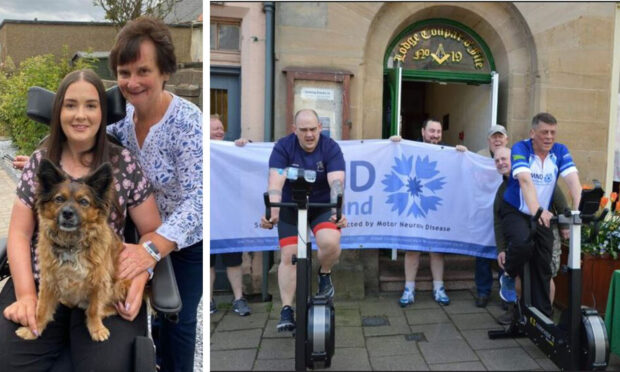
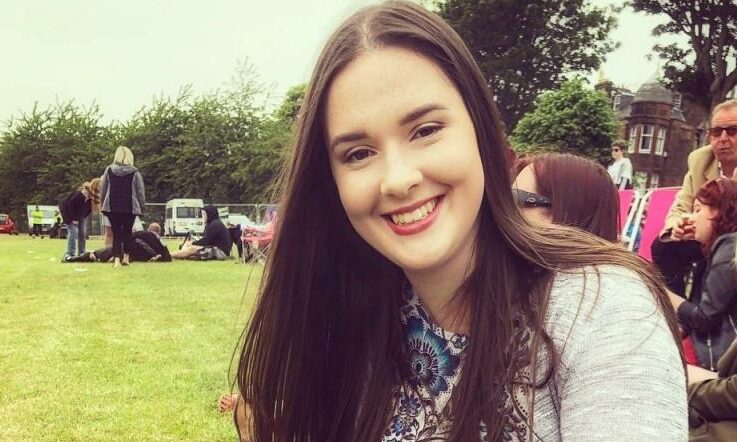
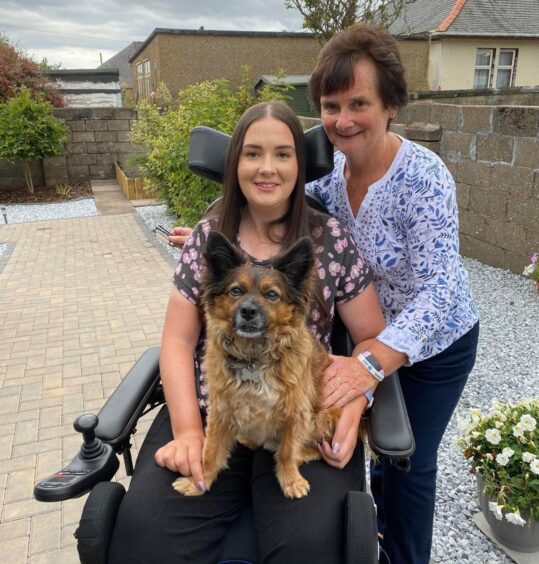
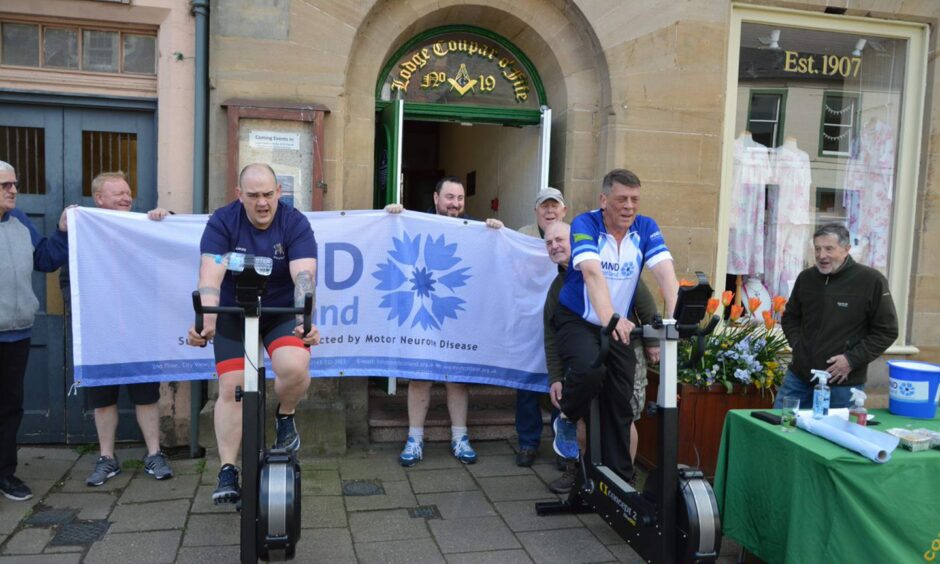

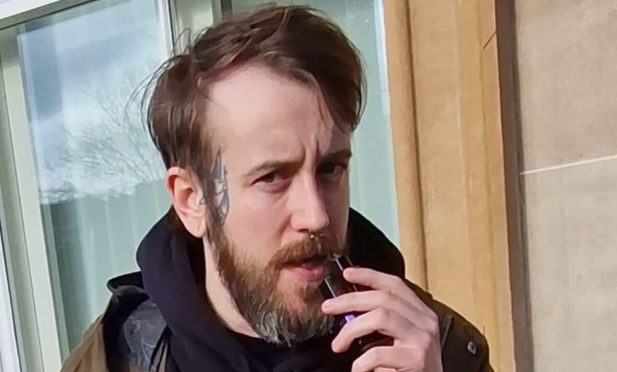
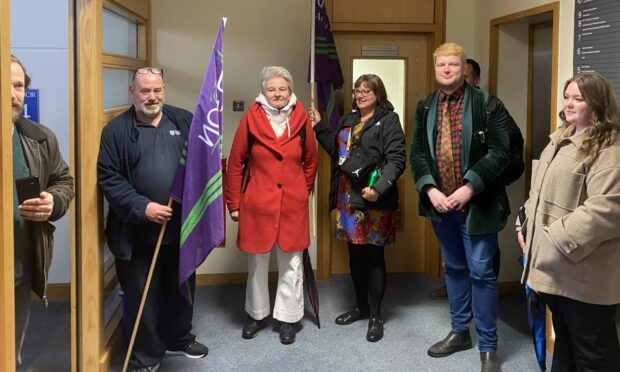

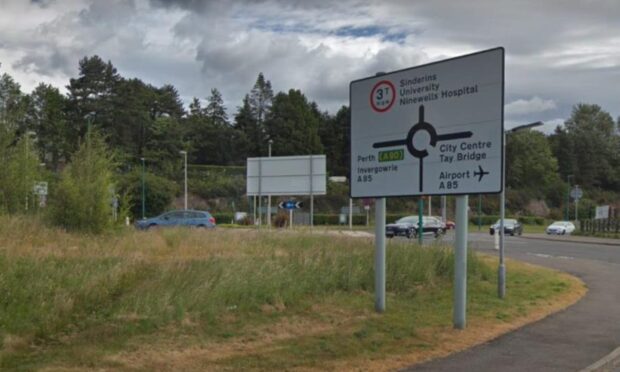

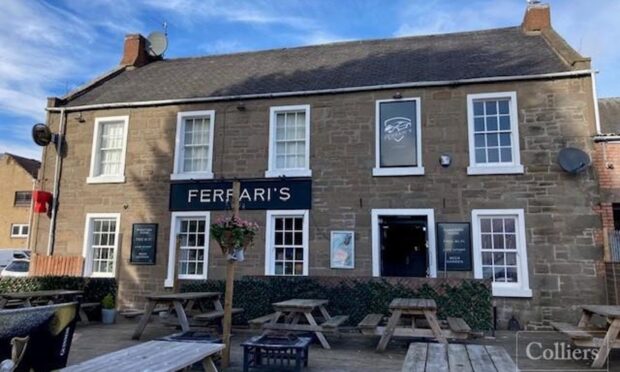
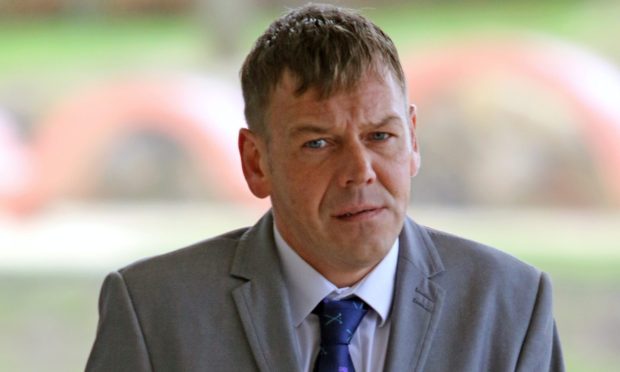

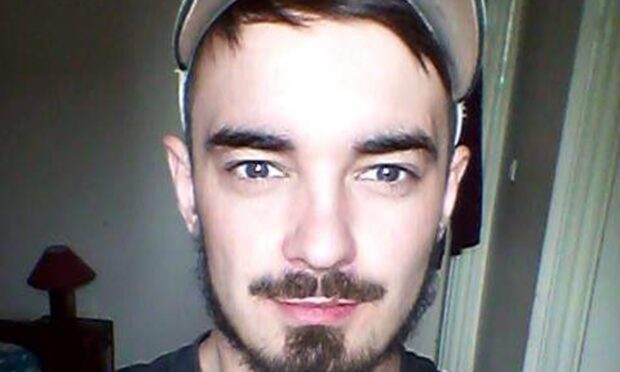
Conversation